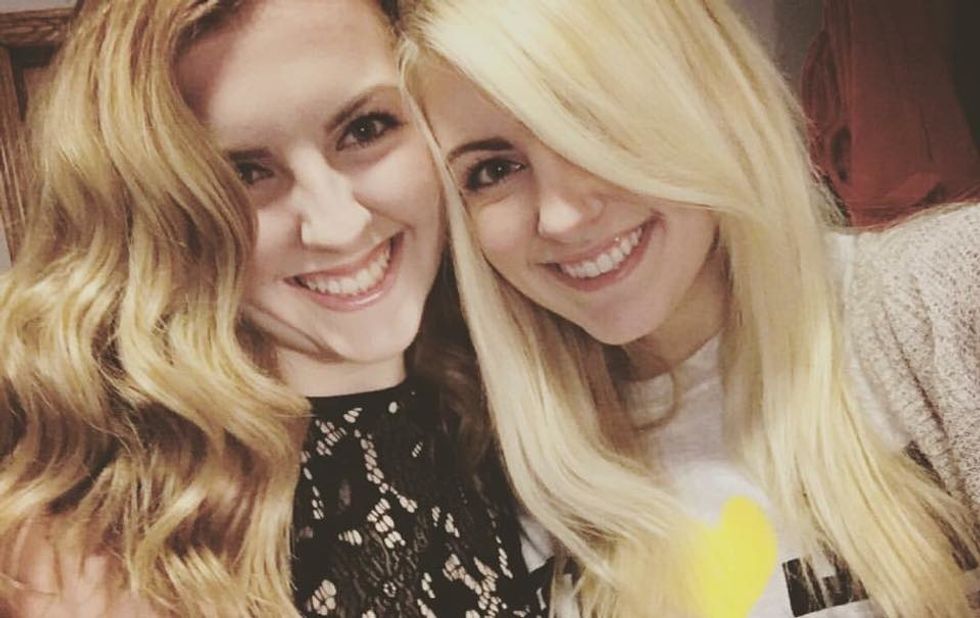Struggling with your mental health is even tricky. I wish that I could think of a better, more poetic word to use to replace tricky, but I can't. That's what it is. Tricky.
You could be doing well for days, weeks, months, even years, and suddenly you can find yourself slipping back into unhealthy habits and mental states. You may not notice that they are creeping back into your life, slowly possessing you again. You may even notice it, but won't want to accept it, because you want to be strong and believe you have overcome your demons.
When you are doing good, the thought of relapsing can seem impossible. You may feel a high from the happiness and peace you feel. You believe you have finally achieved all you've ever wanted: happiness and a sense of peace. However, no matter how good you feel, there is always a dim of fear in the back of your mind. The dim fear is the honest truth: relapse is always possible.
For some, they may be open about their mental health. Friends and family may know about their struggles, but that still doesn't mean that they want to be open about the bad– or how real and bad things may be.
Society has fantasized and romanticized mental illness. People may have assumptions of what some mental disorders may look like and have their own expectations. In movies, some mental disorders may be depicted in ways that can be the furthest from another's reality. I truly believe mental disorders are not "one-size fits all". This is why the romanticized perceptions of mental disorders can be dangerous.
Society has also normalized mental disorders and illness in a way that can be harmful to those who struggle. The conversation of mental health and the push to understand mental disorders and illnesses is great; however, watering down the severity of them is dangerous. When people use anxiety and depression, for example, to express the normal levels of nervousness and sadness we experience as humans, we mask how severe actual anxiety and depression disorders are.
When diagnosing a mental disorder or illness, there can be many symptoms that could be experienced; but only five need to be experienced for a duration of time to be diagnosed. Five out of a long list means that mental disorders can look and be experienced differently in almost every case.
The truth is, unless you, yourself, struggle with a given mental disorder or illness, you cannot fathom or begin to understand what it is like. Two people can be both struggling with the same disorder or illness and still be struggling in very abstract ways.
The demons, that possess those of us who struggle, deal and cope with mental disorders, are tricky. Whether they are depression, anxieties, fears, calories, hopelessness, mania, personalities, addictions, self-harming, ect., they will always possess a home in our minds.
The trickiest part of all is making sure to remember you are stronger than them all. Whether it be remembering to participate in self-care, taking medication, going to therapy, staying clean, fighting or even just surviving, it is an on-going, ever present battle. Mental disorders and illness are not cute and something one would want to use to gain attention, sympathy, or as an excuse. They can feel challenging, terrifying, exhausting, humiliating, and can make us feel weak and less-than. They are not something we want to be romanticized, and not something that should be.
















